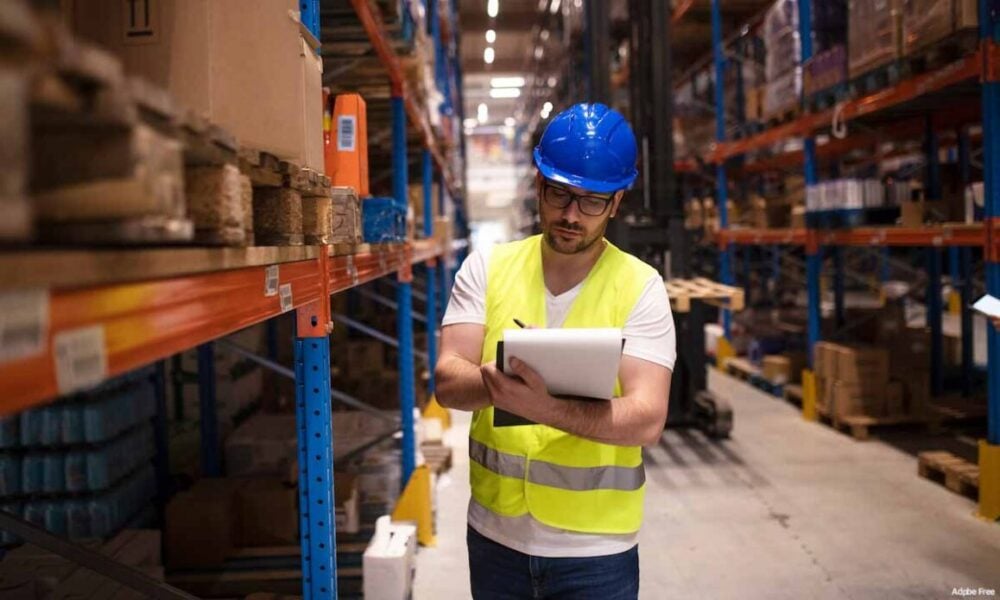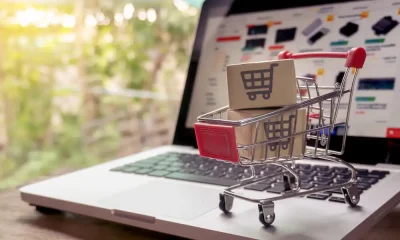Legal
What Businesses Need to Know About Premises Liability

As a business owner, what do you know about premises liability? In this blog article, we list what businesses need to know about their responsibility for the safety of people within their workplace.
Businesses are Responsible for the Safety of Customers
Anyone within your workplace is protected by law. Even trespassers have some protection under the law, although the specifics vary from state to state.
Businesses have a duty of care to report any dangerous items or products.
Injury can occur from a variety of circumstances.
Negligence can mean…failing to take a precaution that ends with a separate party sustaining injuries. Cases based on slip and fall accidents and car accidents are generally the result of negligence.
Whether you rent or own the building your business operates out of, you are responsible for any injuries that may occur inside of your place of business.
When leasing commercial space, there are typically clauses in the agreement that waive the landlord’s liability. Even if an injured customer sues the landlord for negligence, your business will be the one to foot the bill for the lawsuit’s expenses.
Slip and Fall Accidents are Only One Piece of the Puzzle
Although slips and falls are the most common types of accidents at businesses, they’re just one of the many types of injuries that fall under the premises liability umbrella.
Any type of injury that could have been foreseen or prevented can be included in premises liability, including injuries caused by:
- Flooding and water leaks
- Dog bites
- Toxic fumes
- Lack of security
- Inadequate property maintenance
- Elevator accidents
Don’t assume that you’re not responsible for accidents that are not ‘slips and falls’. If anyone is injured while on the premises, you could be held liable for damages.
Commercial Liability Insurance Offers Some Protection
Every brick and mortar business should have commercial liability insurance. In fact, commercial general liability is often required either by landlords, clients or local jurisdictions.
A commercial liability policy will help protect your business against claims involving property or personal injury claims.
Find a reputable insurer that offers great customer service. Also, make sure that your policy limits are appropriate for your business.
You Can Take Steps to Prevent Accidents and the Risk of Liability Claims
Insurance coverage is only one facet of the solution. Businesses should take a proactive approach to injury prevention. It’s impossible to prevent all accidents, but you can take steps to reduce the risk.
Inspect the Premises Regularly
Businesses must be diligent in their efforts to ensure the premises is clean and safe. Regular inspections can help employees pinpoint hazards and address them before they lead to an accident.
Inspections can be a time-consuming process, but they’re worth the effort. They could potentially save the company thousands or even millions of dollars if hazards can be addressed before they cause injuries and lawsuits.
Warn of Hazards
Sometimes, hazards cannot be fixed immediately. In this case, it’s important to warn visitors that the area is dangerous by displaying warning signs and potentially blocking off the area.
Most people have seen “wet floor” signs while shopping at stores or walking through office buildings. These signs warn customers and employees that the area is potentially dangerous and to proceed with caution.
Warning signs can not only keep visitors from harm, but they can also alleviate you of some liability if an accident occurs.
Correct the Issue
If the hazard is reported, it should be addressed immediately. If you fail to take swift action and correct the issue after being alerted to it, you could be considered negligent.
A lawsuit could cost your business thousands of dollars if someone is hurt by the hazard.
Therefore it just makes sense to correct the issue as soon as possible to help prevent injuries from happening in the first place. As a business, you’ll also want to know about other liabilities like the core aspects of product liability.









